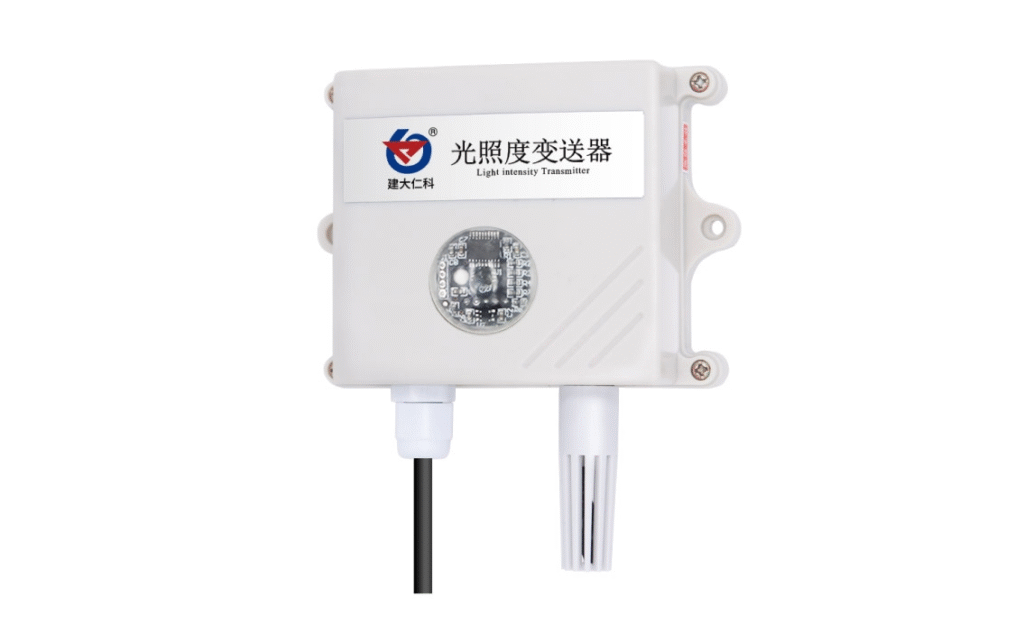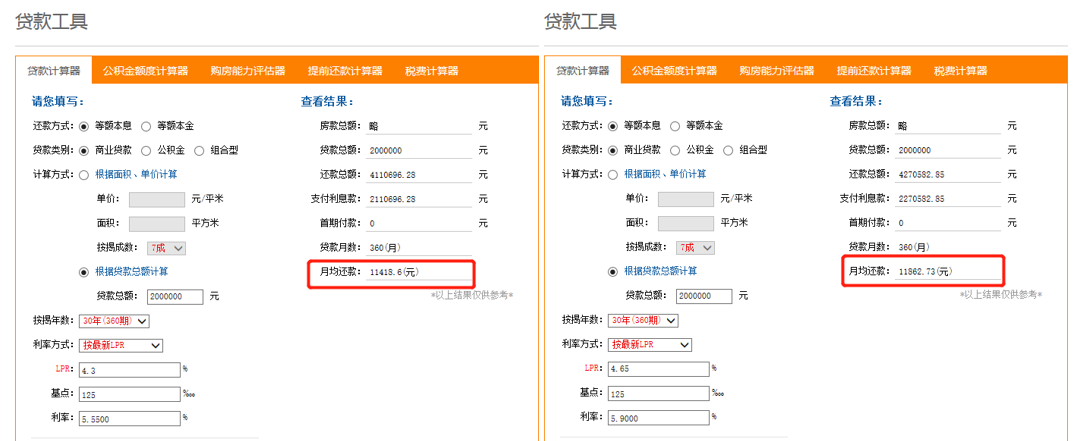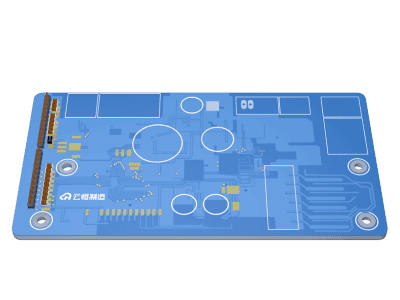TheElectronicsIndustry:AMultifacetedPerspective(电子产业 英语)
The electronics industry stands at the apex of innovation, consistently pushing the boundaries with advanced technologies. From smartphones to smart homes, this sector has revolutionized the way we live and work. The relentless pursuit of miniaturization, increased processing power, and energy efficiency has led to the development of smaller, faster, and more capable devices. These advancements are enabled by breakthroughs in semiconductor technology, such as the use of silicon nanowires, which promise significant enhancements in chip performance.
Global Market Dynamics in Flux
The global electronics market is a dynamic landscape shaped by changing consumer preferences and rapid technological advancements. Companies navigate this environment by investing in research and development to stay ahead of the curve. External factors like economic fluctuations and geopolitical tensions also influence the market. Despite these challenges, the industry has demonstrated remarkable resilience, adapting to new market demands and emerging trends like the Internet of Things (IoT) and artificial intelligence (AI).
Sustainability and Environmental Considerations in Electronics Industry
As awareness of environmental issues grows, the electronics industry faces increasing pressure to adopt sustainable practices. This includes reducing the ecological footprint of manufacturing processes, minimizing e-waste, and developing energy-efficient and recyclable products. Many companies are exploring biodegradable materials and renewable energy sources. Furthermore, there is a rise in initiatives to recycle and repurpose old electronics, aiming to create a circular economy within the industry.
Consumer Trends and Behavior Driving Electronics Innovation
Consumer behavior plays a pivotal role in shaping the electronics industry. With the rise of social media and online platforms, consumers are more informed and have higher expectations for product quality and innovation. There's a growing demand for personalized electronics, from wearable tech that tracks health metrics to customizable home entertainment systems. The trend toward mobile and remote working has also spurred the development of devices designed to enhance productivity and connectivity on the go.
Efficient Manufacturing and Supply Chain Management
The manufacturing and supply chain aspects of the electronics industry are critical for maintaining efficient production and distribution processes. Advanced manufacturing techniques like 3D printing and automation are transforming factories, enabling quicker prototyping and reduced production times. However, managing complex supply chains across continents is challenging, with customs regulations and trade barriers posing potential disruptions.
Compliance with Regulations in Electronics Industry
Operating within a framework of stringent regulations and standards is essential for the electronics industry. Companies must adhere to laws governing data privacy, electromagnetic compatibility, and safety standards. As products become more connected, regulatory oversight is expanding to address potential risks associated with cybersecurity and user privacy. Meeting these compliance requirements is crucial for building consumer trust and maintaining a positive brand reputation.
Education and Workforce Development in Electronics Industry
A skilled workforce is the backbone of the electronics industry's success. Educational institutions play a crucial role in preparing students for careers in this field by emphasizing both theoretical knowledge and practical experience. Apprenticeships, internships, and professional development opportunities help bridge the gap between academic learning and industry needs. As technology evolves, educational curricula must also evolve to ensure graduates are equipped with the latest skills and knowledge for cutting-edge electronics design and production.



















